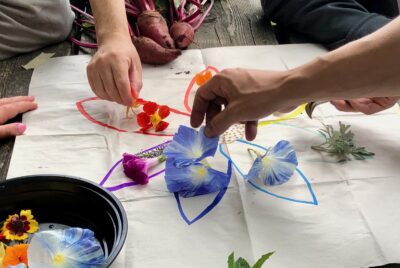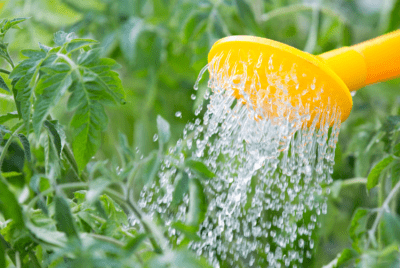RESEARCH
A Systematic Review of Interventions for Loneliness Among Older Adults Living in Long-Term Care Facilities
Summary
The study reviews 15 intervention studies conducted between 2009 and 2019 that aimed to reduce loneliness among older adults living in long-term care (LTC) facilities. The interventions were categorized into six types: psychological therapies, social facilitation interventions, leisure/skill development, animal-assisted therapy, health and social care provision, and befriending programs. The most effective interventions included laughter therapy, horticultural therapy, and reminiscence therapy, which showed significant reductions in loneliness levels. However, a lack of standardized measures and high-quality studies limited the ability to compare different intervention types.
Findings suggest that while loneliness interventions in LTC settings are less common than in community settings, they can be highly effective. The study highlights the importance of structured, engaging programs that promote social interaction and meaningful activities. Future research should focus on improving methodological rigor, standardizing outcome measures, and exploring technology-based interventions, such as virtual social engagement, to better support residents in long-term care.







